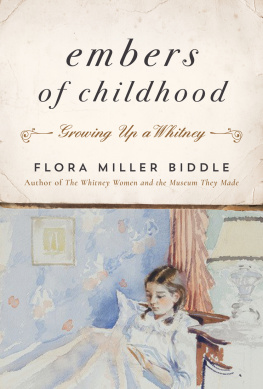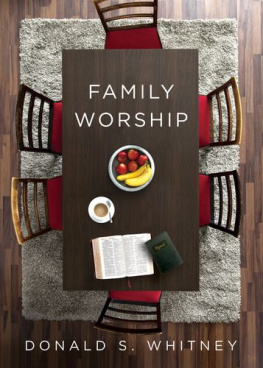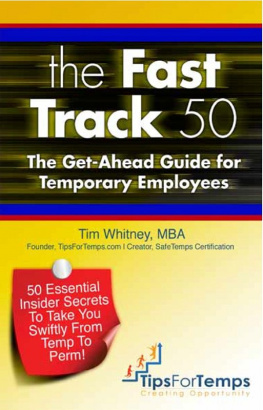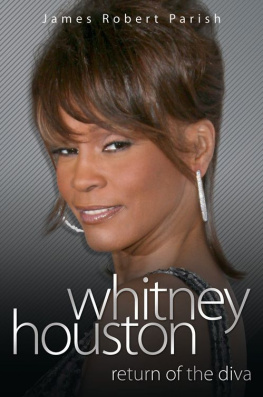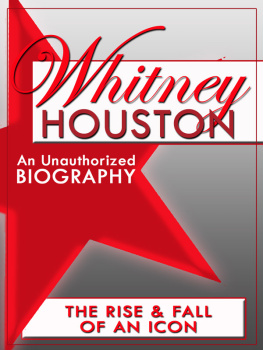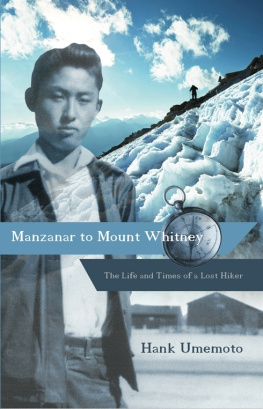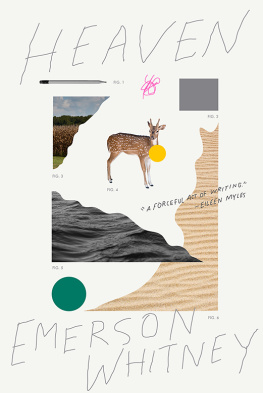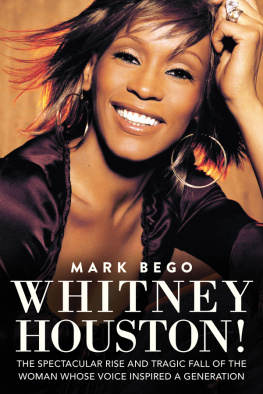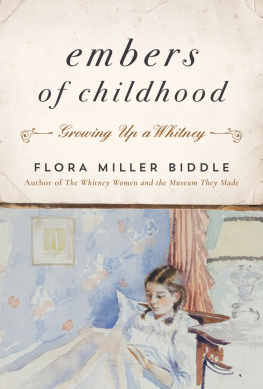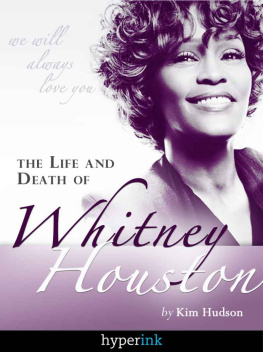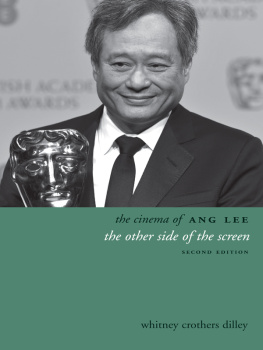


Copyright 2011 by Flora Miller Biddle
All rights reserved. No part of this book may be reproduced in any manner without the express written consent of the publisher, except in the case of brief excerpts in critical reviews or articles. All inquiries should be addressed to Arcade Publishing, 307 West 36th Street, 11th Floor, New York, NY 10018.
First Arcade Edition 2019
Originally published by Plumley Press under the title Embers
Arcade Publishing books may be purchased in bulk at special discounts for sales promotion, corporate gifts, fund-raising, or educational purposes. Special editions can also be created to specifications. For details, contact the Special Sales Department, Arcade Publishing, 307 West 36th Street, 11th Floor, New York, NY 10018 or .
Arcade Publishing is a registered trademark of Skyhorse Publishing, Inc., a Delaware corporation.
Visit our website at www.arcadepub.com.
10 9 8 7 6 5 4 3 2 1
Library of Congress Cataloging-in-Publication Data is available on file.
Jacket design by Erin Seaward Hiatt
Jacket illustration: George Macculloch Miller
ISBN: 978-1-948924-00-9
Ebook ISBN: 978-1-948924-01-6
Printed in China

CONTENTS
Acknowledgements
Mark Donovan first edited every page, every word, as I wrote and rewrote. His intelligence, sense of humor, and professional skill, enhanced by his knowledge and understanding of material and author, helped immeasurably to shape and hone my story. His belief that it was a worthwhile project gave me confidence to persevere. Im deeply admiring of and grateful to Mark.
Annabel Davis-Goff, whose writing I love and respect, encouraged me to go further and deeper, and to make the story chronological, which I did. She thought that I should show it to our friend, the wonderful writer Susanna Moore, who offered to read it and make suggestions. Susannas offer became three close readings. She corrected grammar, chose apt synonyms, shifted events and paragraphs around. Her distinctive hand decorated page after page. Susanna gave her brilliant mind and loving heart to my book. Endless thanks for her extraordinary generosity.
Besides her inestimable gift of time and expertise, Susanna introduced me to her splendid agent, Stephanie Cabot. Im so very grateful to Stephanie for her tireless efforts to sell my book.
My daughter, Fiona Donovan, a gifted writer and teacher, gave me invaluable ideas and encouragement. She also gave precious time to proofread this book, an extremely generous act for which I thank her profoundly.
These and others read all or parts of my book, and I thank them for their useful comments, among them Barbara Ascher, Mary DelMonico, Linda Donn, B. H. Friedman, Rob Ingraham, Phyllis Levin, James Mairs, June Levin Roth, Dorothy Ruddick, Will Schwalbe, Jeannette Seaver, Susan Seydel Cofer, Patterson Sims, Andrew Solomon, and Adam Weinberg.
Many thanks to Anita Duquette, head of Rights and Reproductions at the Whitney Museum of American Art, for arranging to have my fathers watercolors photographed.
It was a pleasure to work with Julie Rubenstein, my former agent, who helped with an earlier version of the book.
Michael Russem, of Kat Ran Press, has been endlessly patient and kind. He has designed and produced my book. I admire and appreciate its elegance so very much.
Prologue
A sense of security, of well-being, of summer warmth pervades my memory. That robust reality makes a ghost of the present. The mirror brims with brightness; a bumblebee has entered the room and bumps against the ceiling. Everything is as it should be, nothing will ever change, nobody will ever die.
VLADIMIR NABOKOV
Speak Memory
Today, July 29th, is my mothers birthday. Once again, as often before, I wish I could speak with her. Theres so much that I want to ask her; so much Id like to tell her. First, I would tell her how much I loved herI never told her in words.

My mothers name was Flora Whitney Miller. Her second husband, my father, George Macculloch Miller, was called Cully. My older half-brother was Whitney Tower. My half-sister is Pamela Tower, and my younger brother is Leverett Saltonstall Miller. I myself am Flora Macculloch Miller. Many servants, both black and white, who tended to us over the years, were also part of our family. We lived in Aiken, South Carolina, in Joye Cottage. It was my first nest, and the one that means the most to me in my long life; a touchstone, origin and symbol of that part of me that is deep inside.
In the summer, we went to the Adirondacks. We bathed in the cool lake, warming ourselves by a fire after catching fish for dinner or picking raspberries for a pie, lighting a kerosene lamp as darkness drew family and friends together. Our sadness each September as we left that paradise was linked to losing our freedom. We knew, even if we couldnt conceptualize it, that we would be returning to a more restricted life. For me, life elsewhere was never as pure as life in the Adirondacks; good and evil never as unambiguous. Surely, childhood should be a time for growth, for inventive play, for vivid sensations, for security, and for the certainties of good and bad. Just as surely, it fails to give us everything that we needwhether from the human failings of parents and caregivers or the disasters of war, poverty, famine, and disease. How can I not feel grateful for the values of my own childhood? Separated from the hurly-burly of a great city, we lived in a gilded cage with all material comforts, surrounded by protective adults, unaware of hunger and the many forms of suffering that exist almost everywhere in our world. What was the effect of growing up in such a rarefied world? When did the Good and Evil I learned from the adults around me, and from the Episcopal Church and its prayer book, become real to me?
Thanks to my upbringing, I developed a rosy view of life. It included a belief that I was lucky to have been born at that particular time, in that place, to that family. For many years, I loved and idealized my childhood in Aiken, but when I married and had children, doubts began to surface. Had some of the prejudices Id hardly noticed as a child, prejudices that I thought Id rejected, stuck to me after all?
As I envision my mother, other characters crowd into my thoughts. I wonder if, in grasping their elusive identities, perhaps I will better understand my own. As a child, I didnt know how valuable these people were to me. They were simply part of my life and, like most children, I took them for granted. At times, as I write, these people open their worlds to me; at others, they remain obscure, reluctantly yielding their secrets. Although some have died, they all remain with me.
PART I: HISTORY
CHAPTER 1
Ancestors
I dont remember my parents ever telling me that I would need a marketable skillit would have been an outlandish idea. Among the many subjects we discussed at meals, tea, or cocktails (politics, the war, hunting, fishing, riding, school, friends, travel, clothes, family, proper behavior, romances, movies, books, religion), money was never a topic.
Next page
